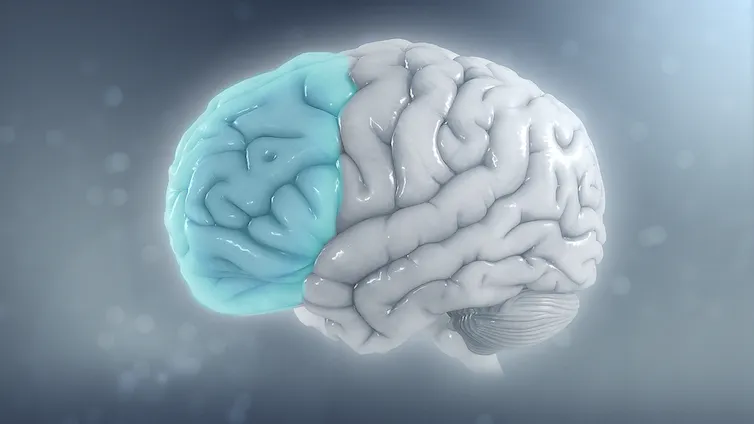ADHD – Inattention and hyperactivity have been the focus of research but emotional problems may be the missing link: College members’ research highlights!
Work by a team including Professor Barbara Sahakian, a Fellow of Clare Hall, and Dr Christelle Langley, an Affiliated Postdoc, has highlighted key research priorities relating to neural link between ADHD and emotions. The research suggests that the more we learn about brain basis of ADHD, the easier it will get to treat.
Attention deficit hyperactivity disorder (ADHD) is one of the most common mental health disorders in children, affecting 7.2% of people under the age of 18 worldwide. Many of these children will still have ADHD in adolescence and adulthood. ADHD is diagnosed using criteria from a document called DSM-5, which include symptoms of inattention, hyperactivity and impulsivity. But it is becoming increasingly clear to researchers that the condition also comes with self-control problems, affecting the ability to regulate emotions.

If ADHD is not treated effectively, it can have major effects on a child’s mental health and wellbeing, as well as educational attainment. It may also impact on parents and siblings, as well as other children in the classroom.
Read the full article here: ADHD: inattention and hyperactivity have been the focus of research – but emotional problems may be the missing link (theconversation.com)